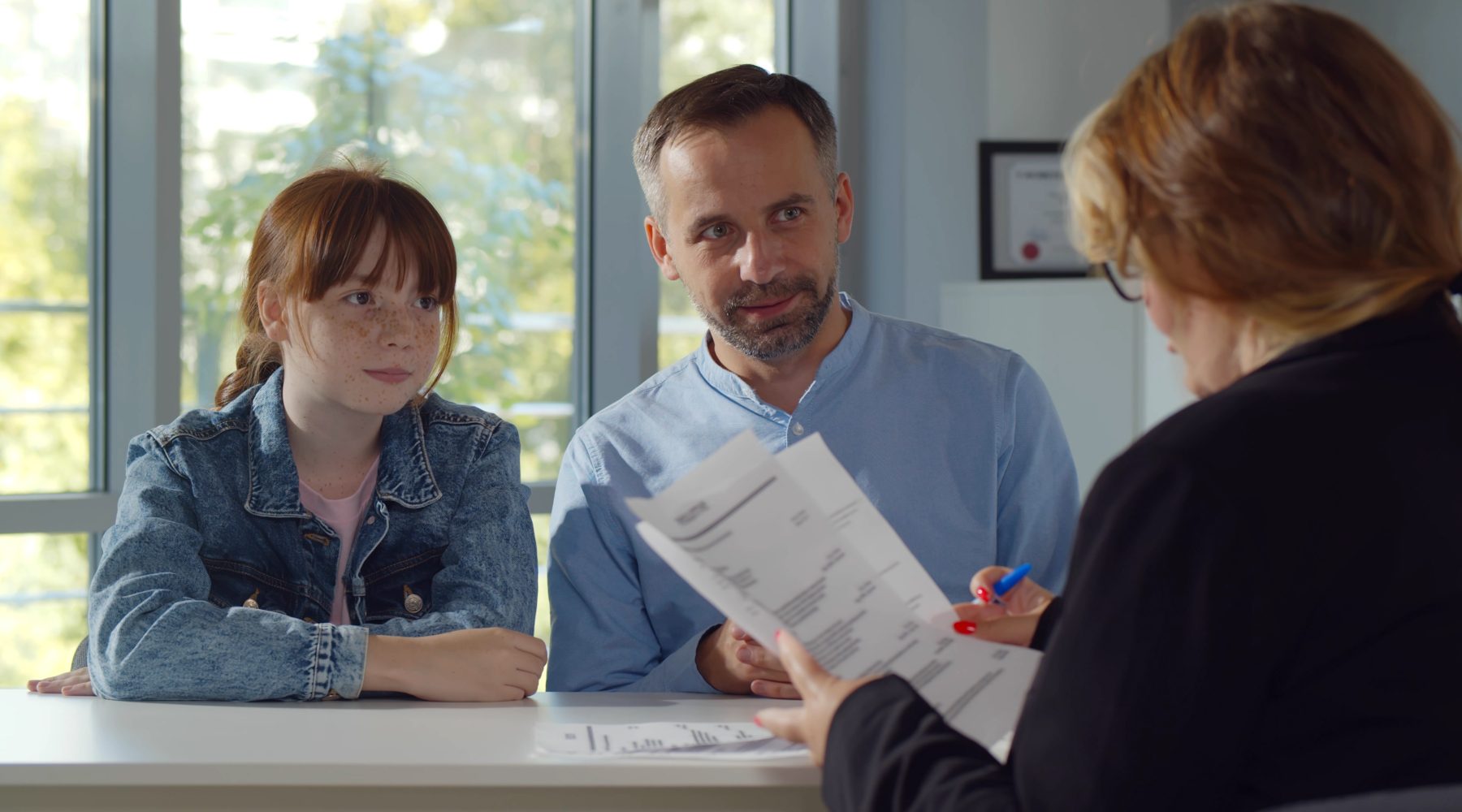
Parents whose child has additional needs may need to advocate for the support they need. Dr Deborah Trengove explains what you can do.
All parents are advocates for their children in their journey through the education system. However, some parents have an additional role in advocating for a child who has additional needs, whether they be physical, cognitive or social-emotional. This is the role of a parent advocate: someone who champions their child, to ensure that their needs are recognised, and that appropriate supports, programs and strategies are in place.
At the beginning of the school year, parents who take on this additional role of advocacy often need to connect, or reconnect, with those staff who will be directly involved with their child or have responsibilities for school programs. Below are 10 steps to help parents be effective advocates for their child:
1: Be informed about your child’s rights and the school’s policies
The disability framework is underpinned by three key pieces of legislation:
- Equal Opportunity Act 2010 (Victoria)
- Disability Discrimination Act 1992 (Commonwealth)
- Disability Standards for Education 2005 (Commonwealth)
The Disability Standards apply to pre-schools, schools (both public and registered private schools), post-compulsory education and training, as well as higher education providers and adult education. The Standards cover enrolment, participation, curriculum development, student support services and the elimination of harassment and victimisation. These will be reflected in the school’s or department’s policies.
2. Identify relevant staff
In pre-schools or primary schools, the initial point of contact is often the class teacher. Other staff may have a role also, depending on your child’s needs and the school’s structure and personnel. Learning support staff, wellbeing staff, the school nurse or a school psychologist may be part of a team who develop and implement an individual education or support plan. In secondary schools, the home room teacher should be involved, possibly with the year level coordinator and relevant specialist staff.
3. Approach each meeting assuming good intent
Stay calm and collected: listen to others and expect that others will listen to you. You are the expert on your child while school staff are experts in teaching and learning, the school environment and available supports. Trust and mutual respect are essential in developing a strong relationship.
4. Ask questions if you don’t understand
Schools can be confusing places for parents who may not have been inside a school since their own school days and many things change over time. Understand the school’s approach to curriculum differentiation and modification, attend information sessions and become familiar with the programs run by the school. Ascertain the appropriate contact points within the school – who is your ‘go to’ person if you have concerns.
5. Talk to your child
This may seem obvious, but as children grow older, it is important that their voice is heard. Their perspective may not reflect the whole picture and it is not the only perspective to consider, but it is important. As children grow older, their participation in feedback and planning meetings should be encouraged, so that by mid-secondary age at the latest, teenagers are sharing what works for them and what they need assistance with.
6. Share information
A full copy of reports should be given to the nominated contact person, after you have read and digested the report. A summary of report with main findings/recommendations is often helpful for staff. Enquire about the confidentiality and storage of any reports shared with the school, how the information will be disseminated and who has access to it. Clarify the process for informing new teachers, especially in relation to transition times.
7. Documentation and accountability
If your child has a diagnosed disability, you may be involved in regular support group meetings. The frequency of these meetings differs according to the needs of the child and may vary over time. Different staff may be included depending on the school’s personnel and specific disability. At these meetings, progress is reviewed and goals are identified. Meetings should be documented, and minutes shared to ensure all parties acknowledge responsibilities for actions, both at school and at home.
8. Reasonable adjustments
These are measures or actions taken to assist students to participate in education / training on the same basis as their peers without a disability. Adjustments may occur in all areas of school life:
- in the classroom (curriculum, teaching methods, resources, staffing)
- in the playground (staffing, times, programs)
- to excursions and camps (staffing, accessibility, activities)
- to the physical environment (access, equipment)
An adjustment is considered reasonable if it achieves its aim of ensuring a student with a disability can take part in their education on the same basis as students without a disability, and if it balances the interests of everyone affected. This includes the school, staff and other students. In some cases, the costs and benefits of making adjustments need to be evaluated before they can be implemented, so that unreasonable hardship is not placed on the school and that there is no risk of safety to others.
9. Be realistic
Many professional reports provide a broad range of recommendations, not all of which may be implemented for a variety of reasons, including the professional judgement of educators, the classroom environment and limitations in staffing and resources. Focus on developing agreed goals and targets through a collaborative approach and raising concerns if your child is not making progress.
10. Keep speaking up
Advocating for your child isn’t a one-time thing. It is a journey over time. Being an effective advocate for your child means representing their needs and challenges, as well as celebrating their successes and achievements. While not always easy, advocacy is a vital role: supporting your child to learn, grow and develop the skills they need to lead a happy, healthy and fulfilling life.
About the author
Dr Deborah Trengove is a former school psychologist and school wellbeing leader.
Deborah’s previous articles for The Parents Website include 10 tips to help your teen out of the Procrastination Trap, How parents can help kids make good friends and Lessons from lockdown: The good things we’ve discovered.
Stay up to date with our newsletter here

